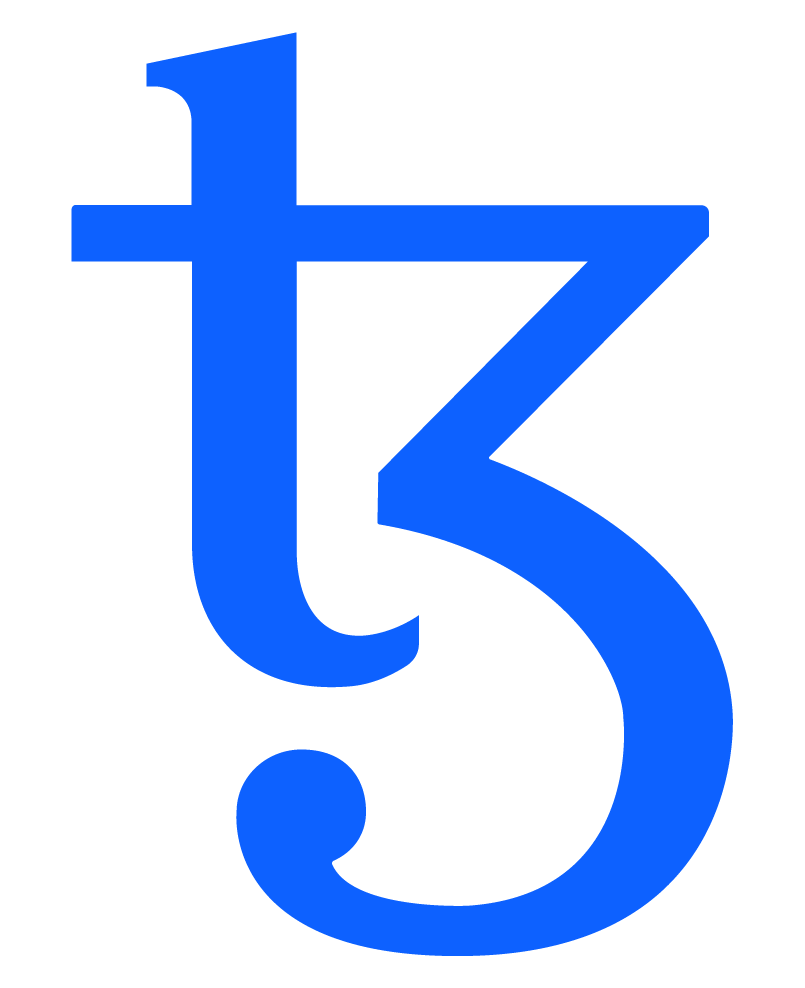This is great. As I have been looking into using NFT based solutions for identity and reputation, I ran into how limiting it can be to implement these without the ability to get the storage of another contract. I expect those working on NFT based games will also see tremendous value in adding these read only calls.
I look forward to a good Agora discussion around use cases and definitions for views and get_storage.
